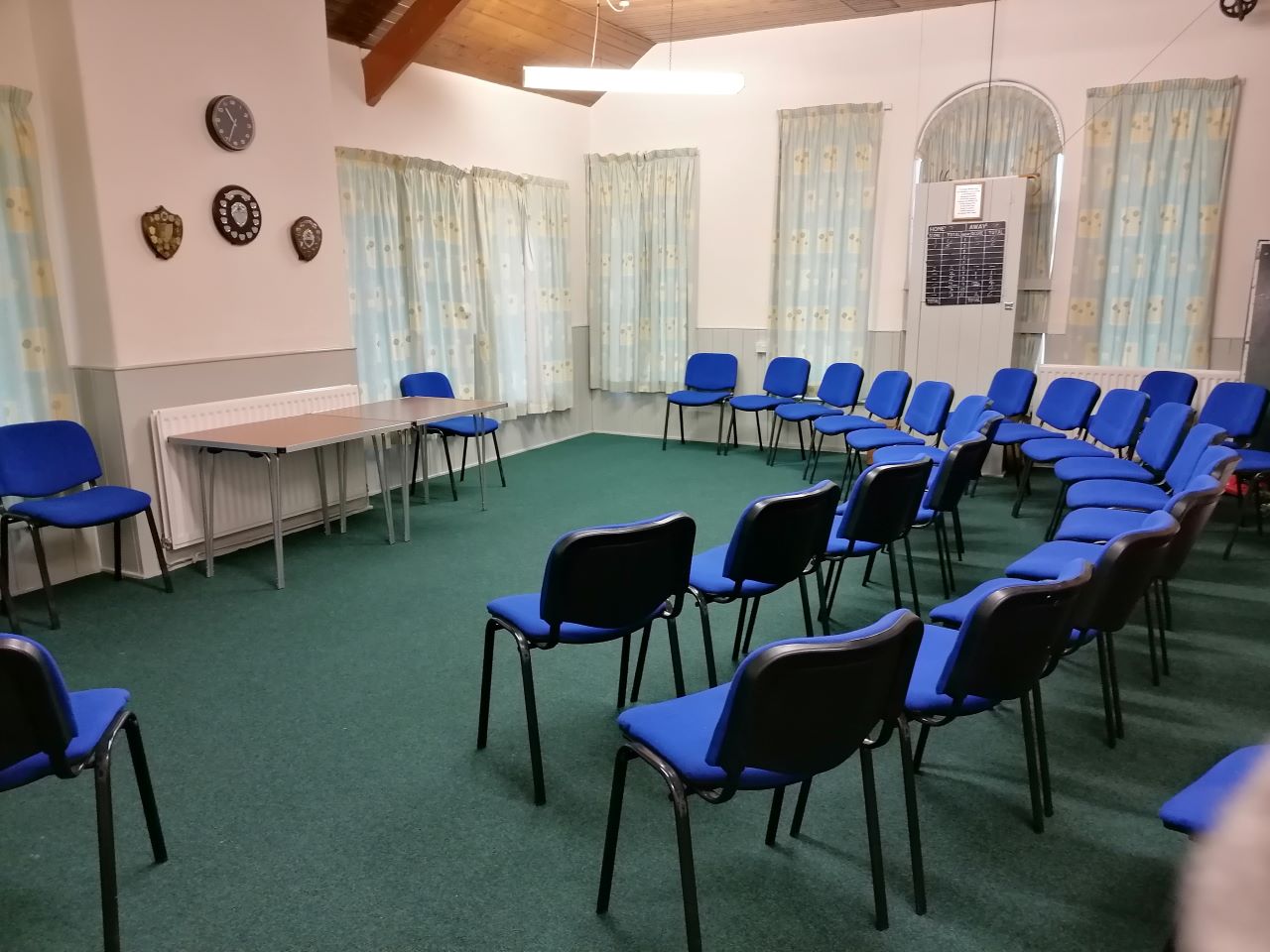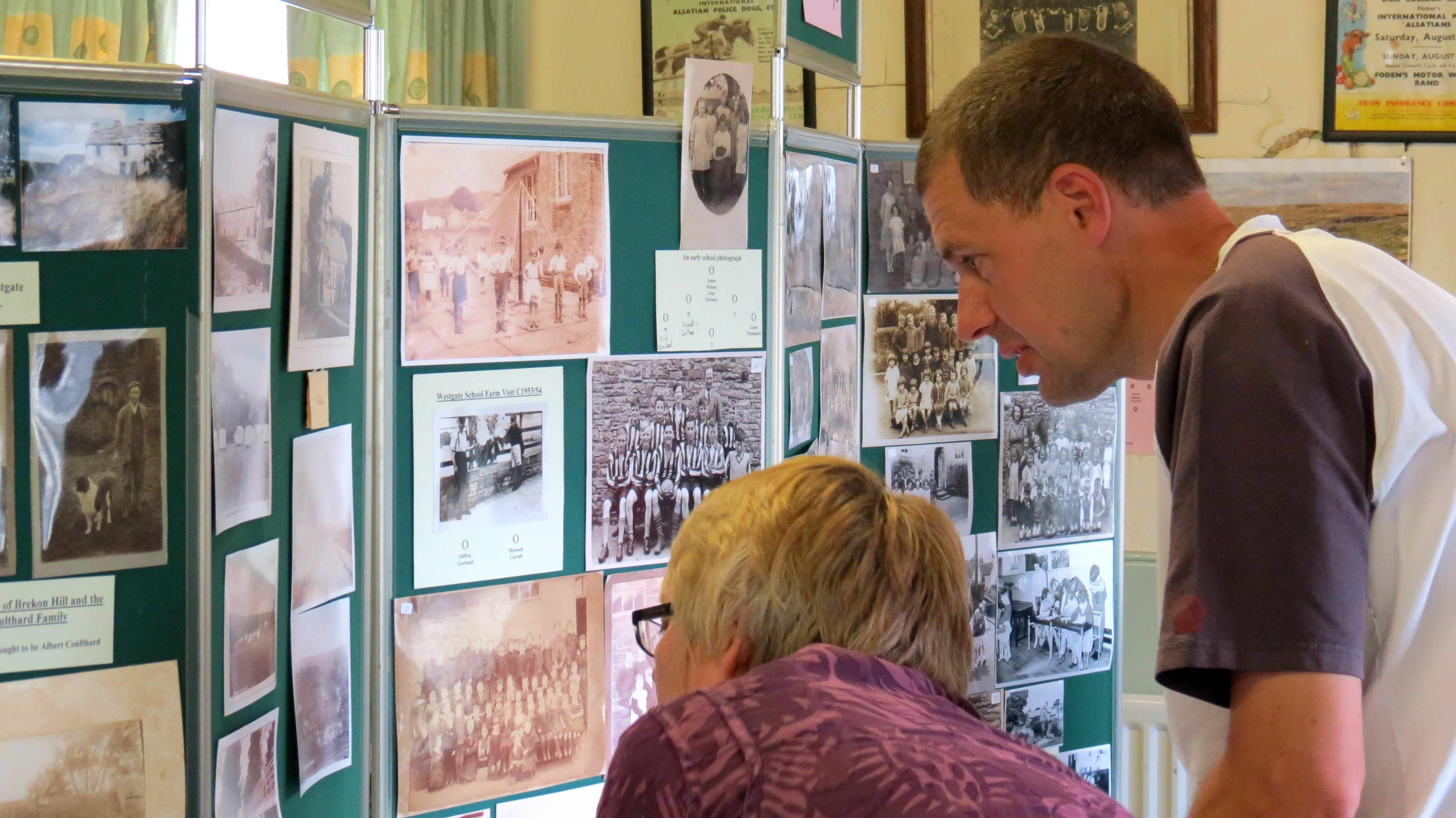Westgate Village has an interesting and rich history take a look at how we’ve grown into what we are today.

Westgate gets its name from being the west gate of the Bishop’s Hunting Park.
Many years ago, the Kings of England found it difficult to rule over their Northern lands because of the distance to travel and the time needed to do so.
To overcome this problem, they delegated their Royal powers to the Bishops of Durham who ruled the North on their behalf. Therefore these Bishops became known as the Prince Bishops, hence this area is known as The Land of The Prince Bishops.
The Bishop of Durham lived in the Bishop’s Palace at Bishop Auckland and maintained a Hunting Park in Weardale, of which two of the gates into the park were the east gate and the west gate, now Eastgate and Westgate villages.
Much later with the extension of the railway into the upper dale, Westgate’s name changed to Westgate-in-Weardale as there was already a station called Westgate.
With the closure of the railway, Westgate reverted to its original name.

Westgate Village Hall was officially formed on 25th June 1975 in the former Men’s Institute building.
This building which replaced a reading room in a single storied cottage was built by the men of Westgate who raised the money by many varied means (including 12 of them taking out a mortgage) to buy a neighboring cottage, materials, and employ masons to build it. Their employers – the local quarry owners – donated the stone which the men would lead from the quarries after they finished work and put it on the scaffold ready for the masons.
The new Institute incorporated some of the old walls of the cottage which turned out to be a false economy as very soon, tie rods had to be inserted to strengthen the building.
The new Men’s Institute was opened on 4th February 1899 by Sir Joseph Pease.
Following the First World War, the villagers decided that they would like a Village Clock as a War Memorial and they again raised money to have one installed which was officially unveiled in September 1920 by Brigadier H R Cummings, D.S.O., G.O.C. of the D.L.I.
The Village Hall became a registered charity in 2001 with the objective ‘to provide and maintain a Village Hall for the use by the inhabitants of the area for meetings and other forms of recreation and leisure time occupation’.